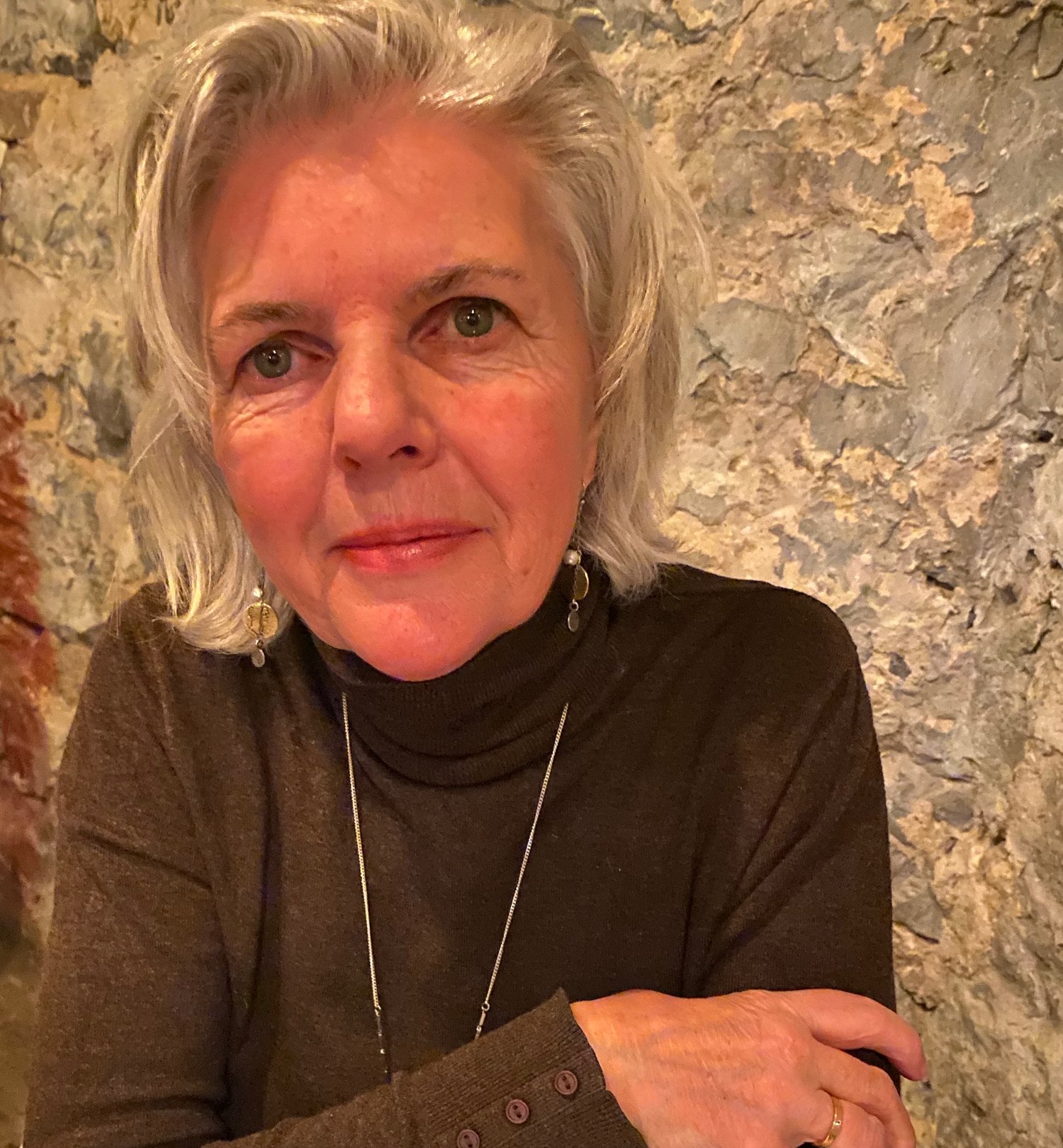Hardcover: 978-1-4602-4332-9
Paperback: 978-1-4602-4333-6
eBook: 978-1-4602-4334-3
Categories: Fiction, Political Fiction, Contemporary Women Fiction, Historical
Argonauta
Set in Québec during the 1970 October Crisis, is an unsettlingly realistic portrait of a family torn by their own crisis of separation and identity. Though Argonauta reads like a thriller it also exposes acutely the cultural and familial tensions of the dispossessed.
"The trouble with adopted finding their birth parents, Maude told herself, …is that the abandoned baby has grown up. The past that might have your own no longer belongs to you. You have to rely on others to tell you what might have been. But if you couldn't bring it to the present, then what was the point of it? ...from Argonauta
Like the rare Mother Argonaut, which cradles her young but is not attached, Anna Tougas was destined to cast off her child and start a new life. That the purpose of that life was revolution was a mystery to Maude Digby until she determined to discover her family origins. Her reunion with Anna triggers their arrest under the War Measures Act and ignites a family firestorm of shock, bewilderment, and sense of betrayal.
Though the plot centres on the dramatic and tragic events of the 1970 October Crisis in Québec, the novel spans several decades as Maude’s discovery takes the story back to 1950 and propels it forward to the 1995 Sovereignty Referendum, and later still into a new generation. Argonauta is the story of five people living in a tumultuous time, their choices, and the effect of those choices on those they love – within and without the family tree.
Excerpt from the Book
Maude
It was the voice of Pierre Elliot Trudeau, which brought Maude back to the present. Something about the War Measures Act, bombings, and the Front de la Liberation du Québec; otherwise known as FLQ terrorists. Whatever the Prime Minister said, it was enough to jar her from the delirium of sleep. She sat up, stretched over to the mahogany table, shut the radio off, then slid back deep into the brown leather couch and tried to recapture in her mind anything that might resemble the past. Like a slow film, thoughts flowed between Westmount, lunch at the Ritz with her parents, Christmas at the Chateau Frontenac, and Saturday afternoons at Ogilvy's with her sisters. Those years had been lived in a fever of expectation.
Questions & Topics for Discussion
Today, we live in a society in which, thanks to advances in reproductive technology, there are at least ten ways to create a baby. Not all children born from gamete donations of sperm, egg and embryos have the same rights as adopted children to learn information about their birth parents. What effect do you think this might have on the adoption triangle – adoptee, biological parent(s) adoptive parents?
Although the character Maude Digby had a mother and father growing up, she felt there was something missing in her background. However her siblings, also adopted, didn't agree. Discuss how the story is written with three major viewpoints on adoption.
Pierre Trudeau, as Prime Minister, called the terrorists during the October Crisis 'children of people we know'. As you read through Argonauta what is the feasibility of this statement being true?
The War Measures Act and it’s limitation on civil rights - was implemented in 1970 during this political upheaval. How would you feel about that happening today?
Did you know that Miguasha, a paleontological site in the Gaspé, has been listed by UNESCO as a world heritage fossil site? Have you done any traveling through the province of Québec beyond Montreal?
The author interviewed several paleontologists in relation to digs that discover graves. Regarding the burial for the unknown woman, could there really be a connection for the team and the body by means of a ceremony such as the one described in the book.
Which of the universal themes threaded through the story - identity, adoption, family, motherhood, culture and heritage, were most resonant for you?
A story set with a Québec landscape cannot be written without wading through the political turmoil that continues to permeate the province. How much did you know about the ‘October Crisis’ before reading Argonauta?


